The toughest part of getting your self to work is the first project. Once you've over come this first project the rest seem much more easier. This post basically aims at getting one started. A few steps i think will help you get past this learning curve with a little ease.
Step 1: Define the problem statement clearly for yourself, Write down all the requirements, dont go too technical. Just mention on the outside what you want your project to do.
Step 2: Break up step one into different parts. Go technical here. Break it into, mechanical, coding, Hardware electronics. and then further down into different components.
Step 3: Start writing down your plan for each component. If its a program write the algorithm and logic for it.
For, Electronic circuits a block diagram, mechanical part put down the designs.(Dont be too technical here again)
Step 4: List down all the components you need for your project. In case there are things your not cirtain of get a way to conduct some tests on it. that is: instead of buying all the components get one of it and see if it works the way you want it to.
Step 5: Get all the components and dependencies required by your project.
Step 6: Convert the Flowcharts and designs into actual code and the block diagrams into complete circuits.
Step 7: Test the components you've made separately.
Step 8: Put them all together. you’ll have your idea materialized.
Step 9: Test the complete product.
Step 10: Feel happy and start a new project.
This is just a birds eye view of how you should go about your project.
Step 1: Define the problem statement clearly for yourself, Write down all the requirements, dont go too technical. Just mention on the outside what you want your project to do.
Step 2: Break up step one into different parts. Go technical here. Break it into, mechanical, coding, Hardware electronics. and then further down into different components.
Step 3: Start writing down your plan for each component. If its a program write the algorithm and logic for it.
For, Electronic circuits a block diagram, mechanical part put down the designs.(Dont be too technical here again)
Step 4: List down all the components you need for your project. In case there are things your not cirtain of get a way to conduct some tests on it. that is: instead of buying all the components get one of it and see if it works the way you want it to.
Step 5: Get all the components and dependencies required by your project.
Step 6: Convert the Flowcharts and designs into actual code and the block diagrams into complete circuits.
Step 7: Test the components you've made separately.
Step 8: Put them all together. you’ll have your idea materialized.
Step 9: Test the complete product.
Step 10: Feel happy and start a new project.
This is just a birds eye view of how you should go about your project.
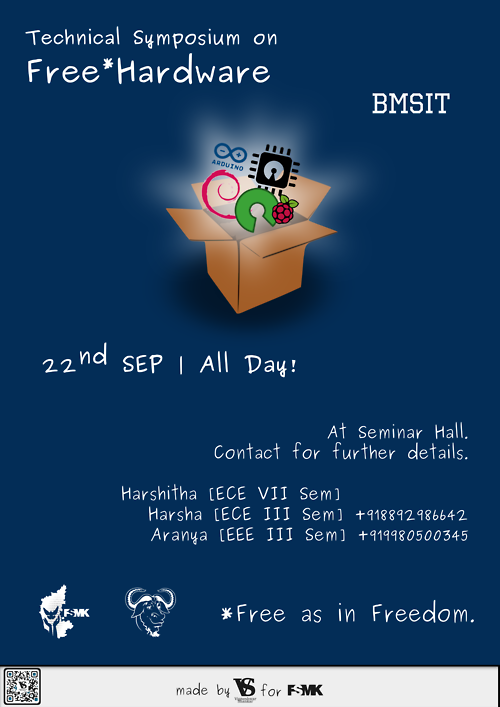
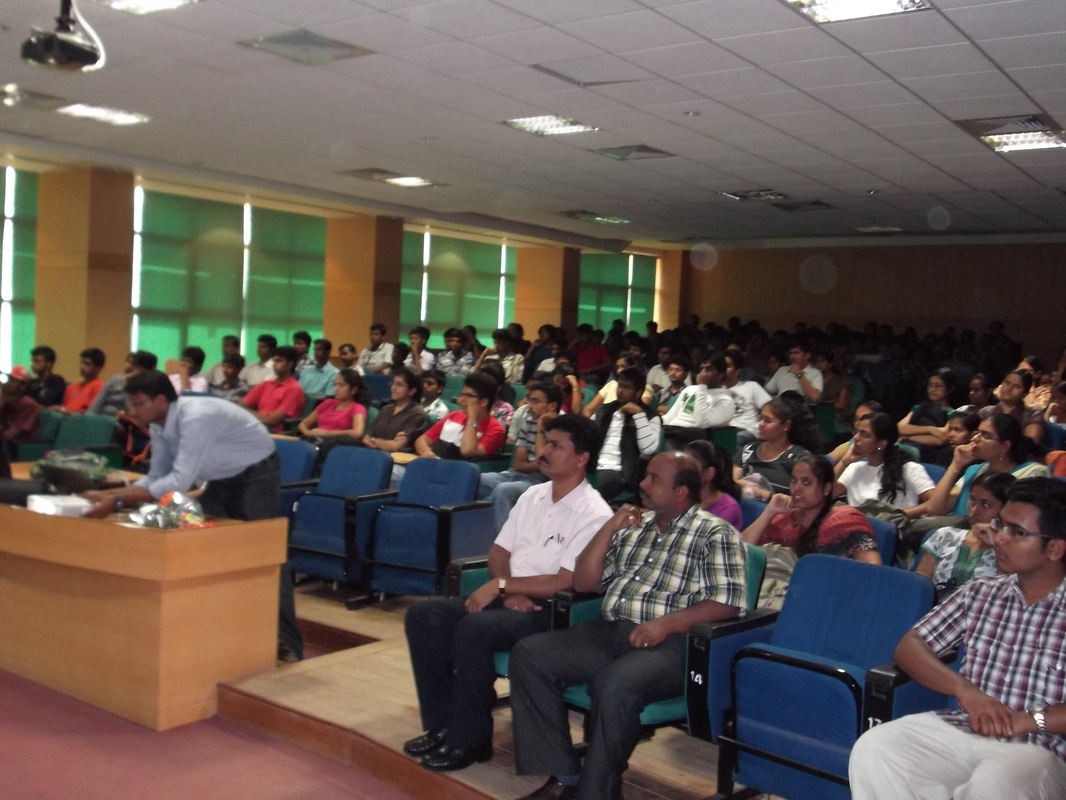
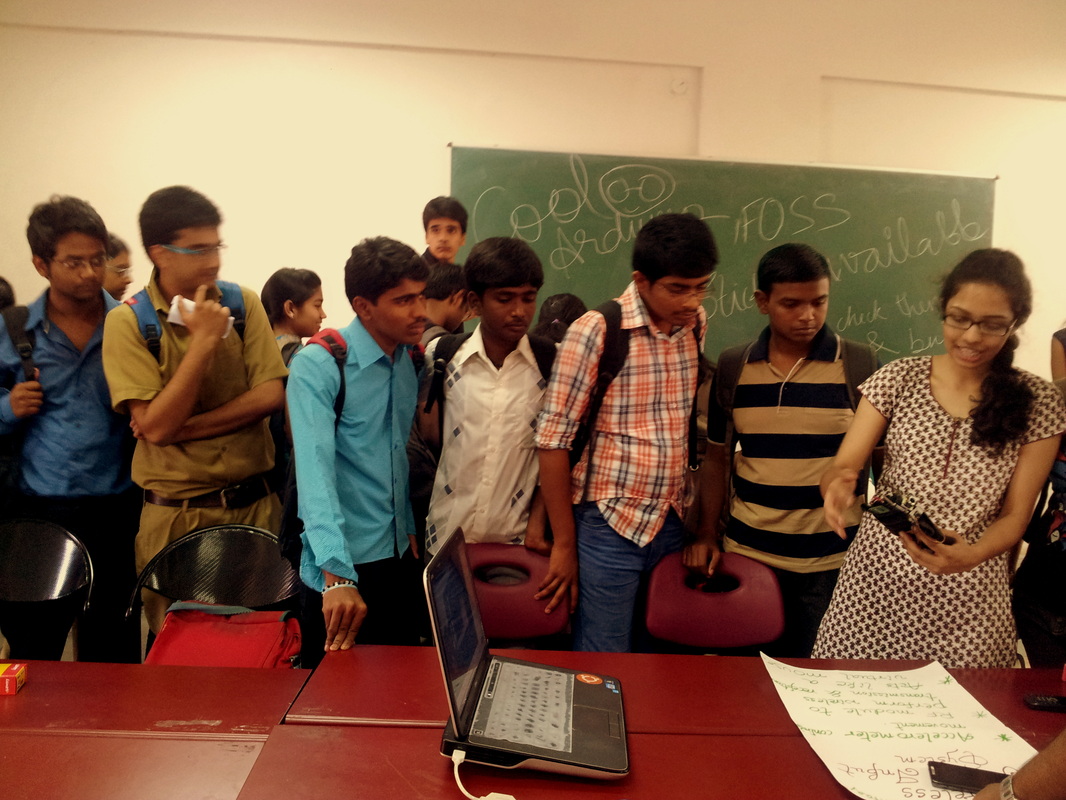
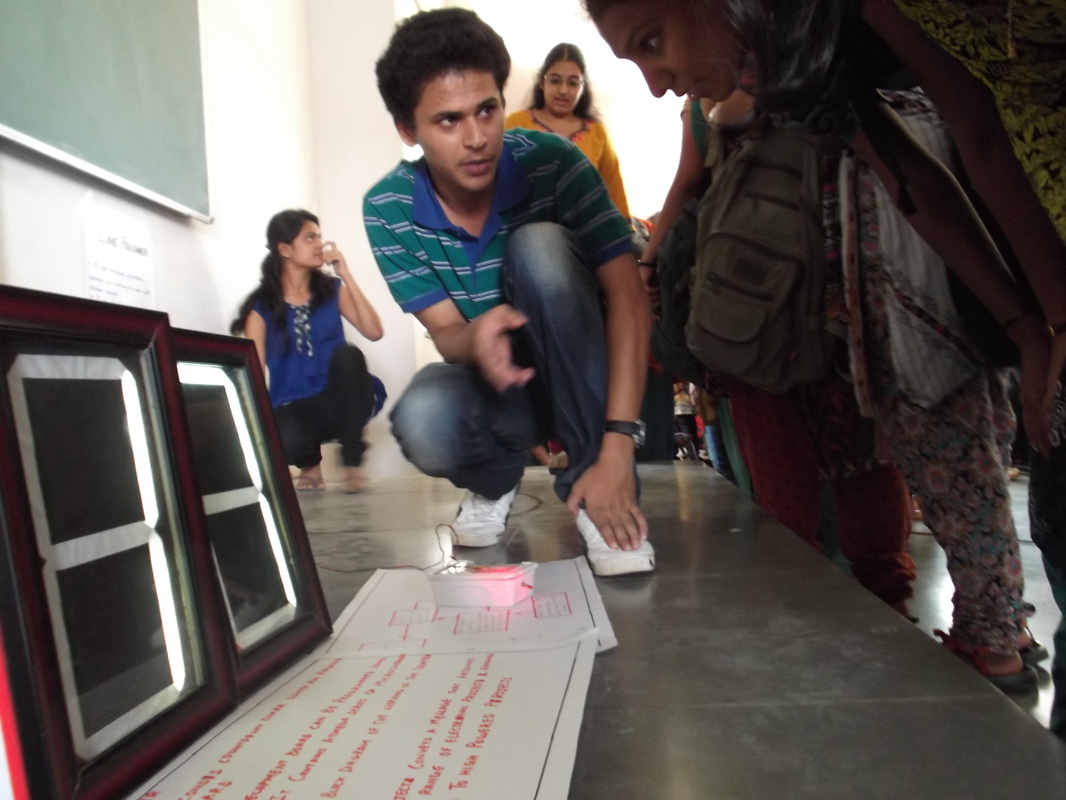
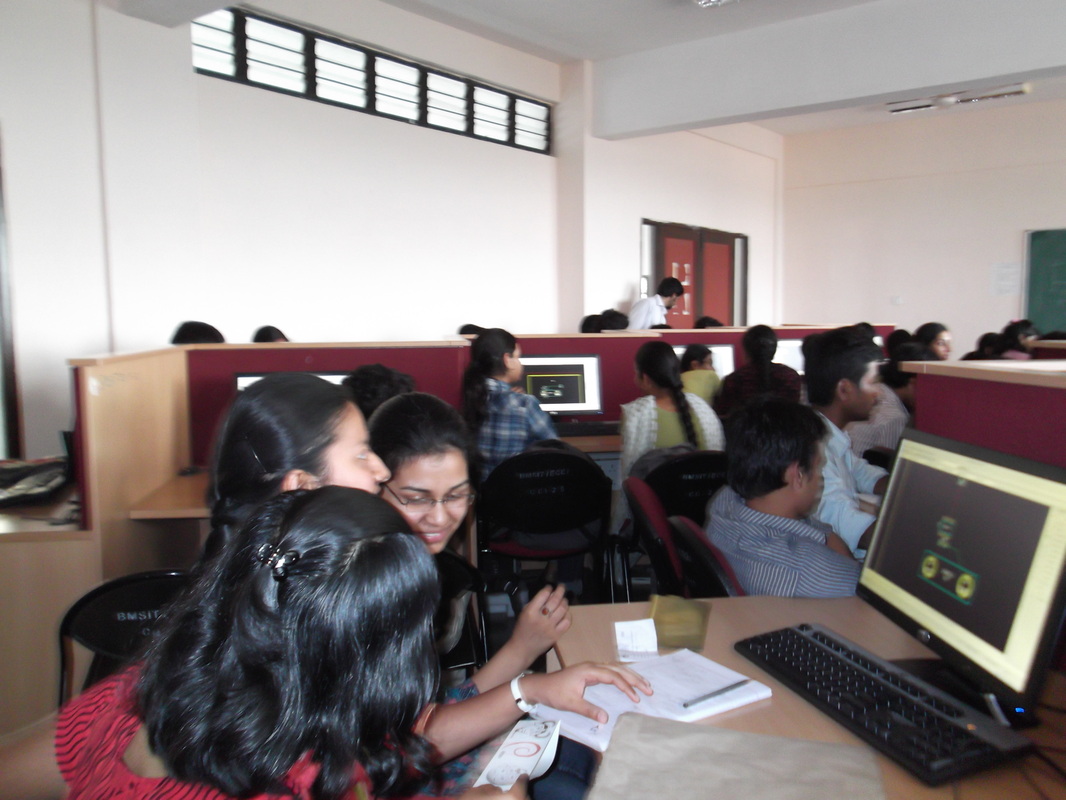
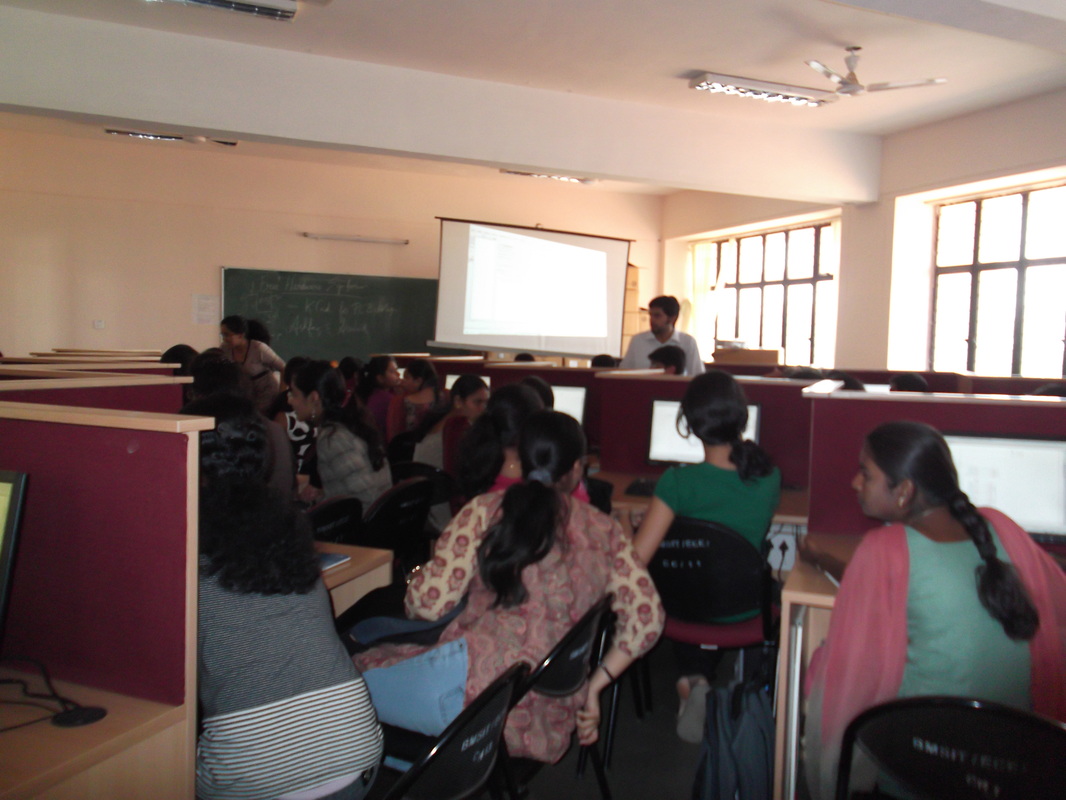
 RSS Feed
RSS Feed